Introduction of Geotechnical Investigation:
Geotechnical investigation is a critical step in construction and infrastructure development, providing essential data about soil and subsurface conditions. It helps engineers determine the suitability of a site for structures such as buildings, bridges, and roads. The investigation typically includes a variety of tests, among which the Standard Penetration Test (SPT), Cone Penetration Test (CPT), and Seismic Cone Penetration Test (SCPT) are the most commonly employed methods. These tests provide insight into soil strength, stratification, and dynamic properties—crucial parameters for designing stable and safe foundations.
Market Size and Growth:
The global geotechnical investigation market is expanding steadily due to rising infrastructure development, urbanization, and the need for risk mitigation in construction. With governments and private developers prioritizing safety and compliance, demand for advanced testing methods such as CPT and SCPT is increasing.
![]()
In Bangladesh, key stakeholders like LGED, RHD, RAJUK, BBA, BIWTA, DMTCL, PWD, PORT, BWDB, Oil and Gas sector, HBRI, and City Corporations are driving growth by incorporating modern geotechnical testing in roadways, bridges, and large building projects. The integration of digital data logging, GPS-based positioning, and AI-driven analysis is further accelerating the adoption of geotechnical services.
Key Technologies in Geotechnical Investigation:
Standard Penetration Test (SPT): Widely used in site investigations, SPT involves driving a split-barrel sampler into the ground at the bottom of a borehole to assess soil resistance. The number of blows required to penetrate each depth interval gives engineers valuable data on soil density and strength.
![]()
Cone Penetration Test (CPT): This method involves pushing a cone-shaped probe into the soil at a constant rate while continuously measuring resistance. CPT provides continuous profiles of soil stratigraphy, strength, and pore pressure, making it more data-rich than SPT.
Seismic Cone Penetration Test (SCPT): An extension of CPT, SCPT integrates geophones into the cone to measure the propagation speed of seismic waves through the soil. This allows engineers to determine shear wave velocity, an important parameter for seismic design and dynamic analysis.
Role of ICONIC ENGINEERING LTD in Geotechnical Investigation:
Iconic Engineering Ltd. is a pioneer in delivering high-quality geotechnical investigation services in Bangladesh. With a team of skilled geotechnical engineers and access to state-of-the-art equipment, the company provides dependable testing solutions for infrastructure and development projects.
Core Contributions:
- Conducting SPT, CPT, and SCPT with calibrated and well-maintained equipment.
- Delivering detailed bore logs, soil profiles, and engineering recommendations.
- Offering digital reporting with GIS integration for enhanced project planning.
Contributing to Digital Bangladesh:
As part of the Digital Bangladesh initiative, Iconic Engineering Ltd. enhances geotechnical data collection and reporting through digitized workflows. The company uses GPS-enabled equipment and real-time data logging to ensure high accuracy and traceability.
- Digital Contributions Include:
- GIS-Based Soil Data Mapping.
- Cloud Storage for Borehole Logs and CPT Data.
- Integration with Building Information Modelling (BIM) systems
These digital tools help engineers and planners make informed decisions faster, reducing risks and delays in infrastructure projects.
Test Procedure for Geotechnical Investigations:
- Site Preparation: Select test locations, clear vegetation, and establish baseline coordinates using GPS.
- Standard Penetration Test (SPT):
- Borehole drilling to the required depth.
- Insertion of split spoon sampler.
- Drop hammer to drive the sampler and record blow counts at every 15 cm.
- Soil sample retrieval for lab testing.
![]()
- Cone Penetration Test (CPT):
- Positioning of the CPT rig and levelling.
- The hydraulic pushing of the cone into the soil at 2 cm/sec.
- Continuous measurement of tip resistance, sleeve friction, and pore pressure.
![]()
- Seismic Cone Penetration Test (SCPT):
- Conduct CPT as above with a geophone embedded.
- Use an external seismic source to generate waves for SCPT.
- Measure shear wave velocity from travel time.
- Data Logging and Quality Control: Review readings, check calibrations, and validate data in real time.
- Laboratory Testing (For SPT): Analyse retrieved samples for Atterberg limits, grain size, and moisture content, Direct shear, Consolidation, Triaxial test, and other LAB tests.
- Final Reporting: Create bore logs, CPT profiles, and interpret results to guide design recommendations.
Advantages of Geotechnical Investigation:
- Prevents structural failures.
- Optimizes foundation design.
- Reduces construction cost and delays.
- Enhances safety and compliance.
- Supports sustainable urban planning.
Future Scope of Geotechnical Investigation:
- AI-Enhanced Data Analysis: AI will streamline interpretation and pattern recognition in complex soil data.
- Remote Sensing Integration: Use of drones and satellite data to augment ground investigations.
- Automation of Test Equipment: Automated rigs and data systems will reduce human error and increase testing speed.
- Real-Time Subsurface Imaging: Future CPT and SCPT systems may provide 3D visualization of subsurface conditions.
![]()
Conclusion:
Geotechnical investigation forms the bedrock of safe and efficient infrastructure development. Techniques like SPT, CPT, and SCPT are indispensable tools for understanding soil behavior and designing stable foundations. In Bangladesh, Iconic Engineering Ltd. is at the forefront of advancing geotechnical practices by combining global innovations with local expertise. As construction challenges grow more complex, the importance of precise and reliable subsurface data will continue to rise, making geotechnical investigation an essential part of every successful project.
